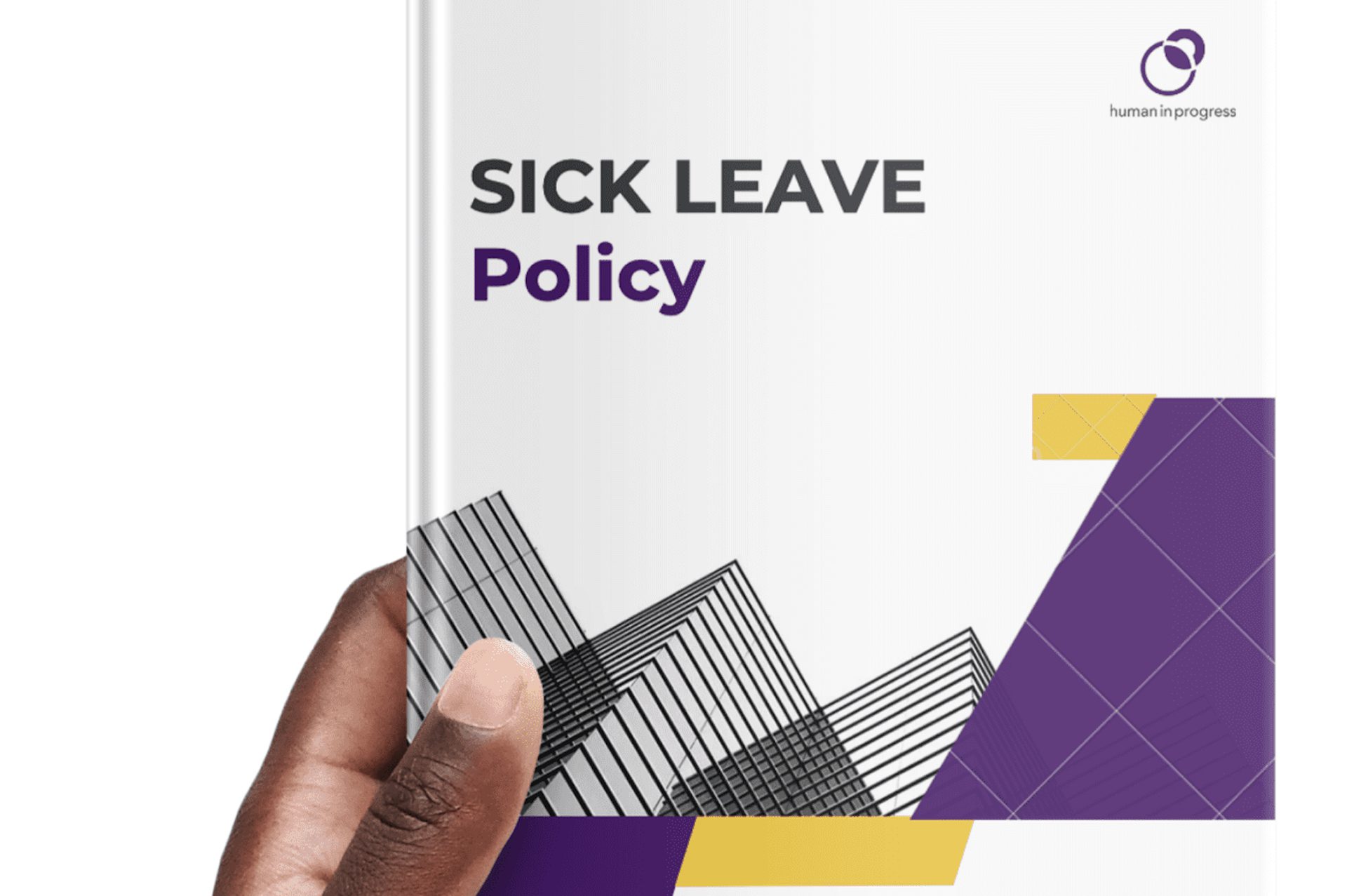
Artikel
03
januari
Private Equity Ownership Leads to Worse Patient Outcomes at Hospitals, Study Shows
Concerns about private equity-owned hospitals are intensifying — from leaders both within and outside of the healthcare industry. With the infamously secretive world of private equity (PE) gaining such a strong presence in healthcare, people are worried about the impact this trend is having on Americans’ health outcomes.
A recent study found that those worries are warranted. Research published last week in JAMA showed that patients receiving care at PE-owned hospitals experienced a higher rate of hospital-acquired adverse events — such as bloodstream infections, falls and medication errors — than patients receiving care at hospitals that are not PE-owned.
When PE firms buy hospitals, they typically do so by leveraging substantial amounts of debt for the acquisitions, with the aim of selling them at a profit within a few years, the study explained. During the past decade, these companies have funneled $1 trillion in investment dollars into the hospital sector.
The study, which was conducted by researchers at Harvard University and the University of Chicago, compared data from hundreds of thousands of hospitalizations at 51 PE-owned hospitals to data from millions of hospitalizations at 259 non-PE-owned control hospitals from 2009 to 2019. It found that Medicare patients admitted to PE-owned hospitals experience a 25% increase in hospital-acquired adverse events compared to patients at non-PE hospitals.
The research also found that PE-owned hospitals have a slightly lower rate of in-hospital mortality than non-PE hospitals. This is likely because PE-owned hospitals experience a shift in patient mix once they’re acquired — patients tend to be younger and are less likely to be dually eligible for Medicare and Medicaid, the researchers wrote. PE-owned hospitals are also more likely to discharge sicker patients and transfer them to other acute care hospitals, the study showed. These findings “heighten concerns about the implications of private equity on healthcare delivery,” the researchers charged.
This study is certainly not the only one that has recently demonstrated the dangers of PE’s entrance into healthcare. Various studies have come out over the past few years showing that private equity firms prioritize profit over provider retention and patient safety. One study, released by Columbia researchers in July, found that private equity investment in hospitals was associated with cost increases as high as 32% for patients and payers, as well as a higher incidence of patient adverse events.
Studies such as these were referenced last month by two bipartisan members of the Senate Budget Committee when they launched an investigation into PE’s impact on healthcare.
Sheldon Whitehouse (D-Rhode Island) and Chuck Grassley (R-Iowa) initiated the probe to get answers about “questionable financial transactions” that could be hurting care quality for patients at hospitals owned by private equity firms. The types of transactions the senators seek to scrutinize include excessive debt caused by leveraged buyouts, asset stripping and cost-cutting measures.
A recent report from the American Hospital Association shows that private equity firms account for 56% of all physician practice acquisitions since 2019. Another recent report, from Bain & Company, found that private equity firms currently own at least 130 hospitals in the country’s rural areas.
Photo: shin28, Getty Images
What's your reaction ?
Follow us on Social Media
Recent posts

July 27, 2024
Nieuwe kabinetsvisie: samen sterker tegen cyberdreigingen

July 24, 2024
Navigating AI Implementation: Try these strategies to overcome resistance.

July 24, 2024
Sick Leave Policy Netherlands Guidance for HR and Entrepreneur.

July 24, 2024
CSRD Reporting: Mandatory Reporting on Corporate Sustainability.

July 24, 2024
Training Budget: Investing in Employee Development.

 Inloggen
Inloggen
 Registreren
Registreren






Comments (0)
No reviews found
Add Comment